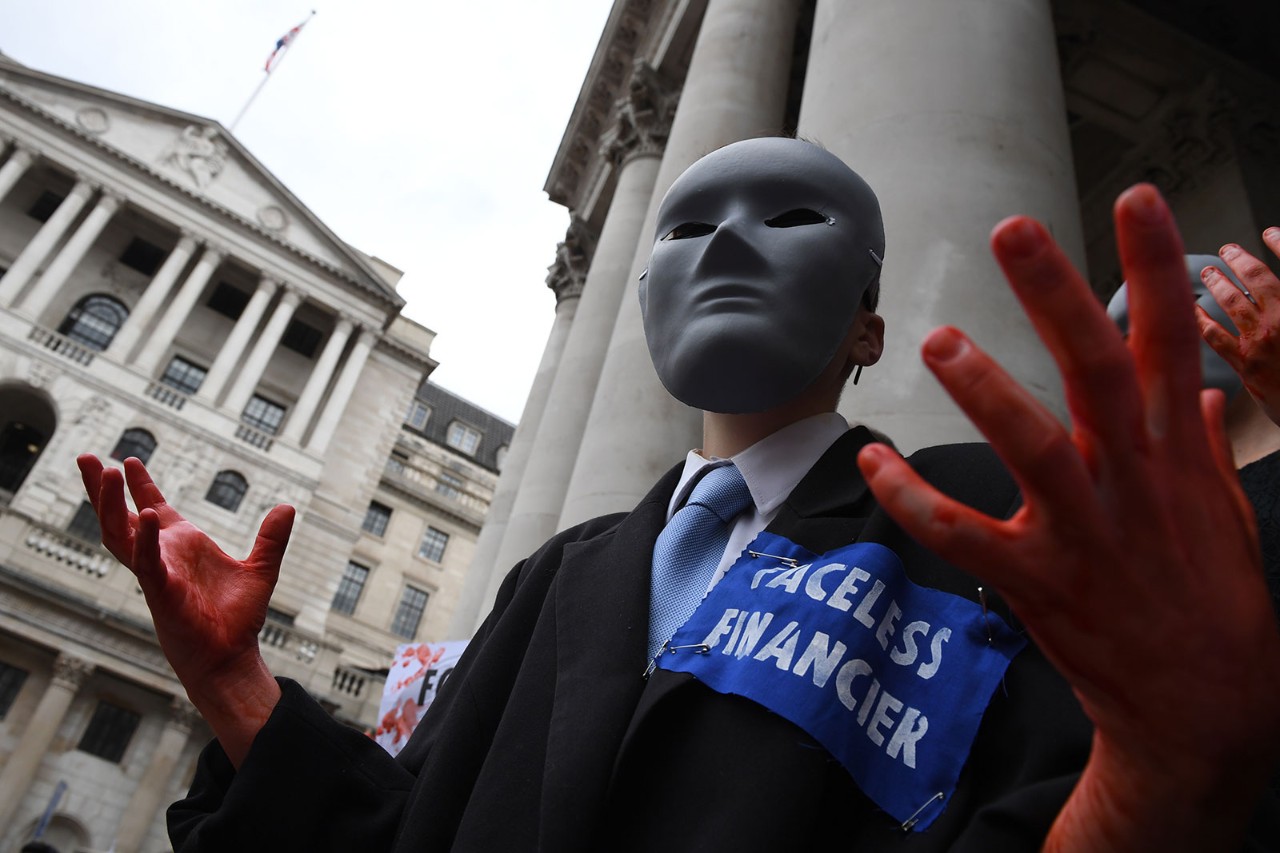
Paschal Donohoe, minister for finance, and Michael McGrath, minister for public expenditure and reform, delivered their budget speeches in mid October against a fast-changing economic background both at home and abroad.
The €4.7bn package was split between around €500m of tax cuts and €4.2bn of spending increases. Analysis by the Irish Fiscal Advisory Council, Ireland’s budgetary watchdog, shows the package includes €1.6bn to maintain the existing level of public services, an increase of €1.1bn in government investment, and an additional €1.45bn in new current spending measures, as well as a temporary spending figure of €4.5bn of Covid contingency reserves for 2022.
In line with its new spending rule, as set out in this year’s Summer Economic Statement, the government plans to limit permanent spending increases to 5% on average over the medium term.
‘By following this rule even as revenues have surprised on the upside, the government has the economy on a more prudent path that will reduce borrowing and the debt ratio in the years ahead,’ the watchdog said.
Personal tax
The standard-rate band of income tax will increase by €1,500 for all earners, with personal tax credit, employee tax credit and earned income credit all rising by €50.
Taxpayers will now be entitled to an income tax deduction of 30% of the vouched cost of expenses for light, heat and broadband during time spent working at home.
The employment wage subsidy scheme (EWSS) is extended until 30 April 2022, with the eligibility criteria remaining unchanged. There will be no change in commercial rates until December 2021, after which there will be a two-rate structure. The scheme will close for new employer applicants from 1 January 2022.
The tax debt warehousing scheme will be expanded to allow certain directors or participators to warehouse their income tax liabilities in line with the existing corporate warehousing arrangements.
Housing
The help-to-buy scheme, allowing for relief of up to €30,000, will continue in its current enhanced form until 31 December 2022, with a review scheduled for 2022.
The relief for landlords on certain pre-letting expenses of up to €5,000 per property is to be extended by a further three years, to the end of 2024, to encourage landlords to put properties back on the rental market.
The existing vacant site levy will be replaced by a zoned land tax, which will apply at a rate of 3% of the market value of land zoned as suitable for residential development. There will be a two-year lead-in time for land zoned before January 2022 and three years thereafter.
Climate change
The annual increase in carbon tax of €7.50 per tonne will bring the overall rate to €41 per tonne of CO2 on fossil fuels.
To further drive buyers towards purchasing cars with lower CO2 emissions, vehicle registration tax is being increased for vehicles from 1 January 2022, based on a sliding scale from 1% to 4% depending on the level of emissions.
The €5,000 relief for battery electric vehicles is extended to 31 December 2023.
The accelerated capital allowances scheme for gas vehicles and refuelling equipment has been extended to 2024 and will now include hydrogen-powered vehicles and equipment. Equipment directly operated by fossil fuels will now be excluded from the scheme.
Indirect taxes
The reduced VAT rate of 9% for the hospitality sector is being extended to 31 August 2022. It had been due to end on 31 December 2021.
Jarlath O’Keefe, head of indirect tax at Grant Thornton Ireland, said: ‘Such a reduction should stimulate activity in this labour-intensive industry, resulting in the protection of long-term sustainable employment in a sector which has been disproportionately impacted by the current Covid pandemic.’
For the first time the farmers’ flat-rate VAT will be cut, from 5.6% to 5.5%, with effect from 1 January 2022.
Corporate taxes
Budget 2022 has confirmed Ireland’s commitment to a minimum effective corporate tax rate of 15% for large multinationals, where global group turnover exceeds €750m.
The relief for startup companies has been extended to 2026 and may now be claimed during the first five years of trading.
A new tax credit of 32% of eligible expenditure incurred in the development of digital games is being introduced, subject to a limit of €25m per project.
The employment investment incentive (EII) scheme is extended for a further three years, along with certain enhancements to make the scheme more attractive to investors.
Assessing the package as a whole, Kevin McLoughlin, partner and head of tax at EY Ireland, said: ‘It represents a balanced and growth-oriented budget. Set against the backdrop of global tax reform and Ireland’s recent decision to move away from its long heralded 12.5% corporate income tax rate, I believe this Budget was more focused on tackling some of the infrastructural challenges Ireland has faced in recent times – namely around housing and jobs, which are crucial to maintaining Ireland’s competitiveness and ability to attract foreign direct investment.’
Caitriona Allis, Head of ACCA Ireland, said that she broadly welcomes Budget 2022, noting ‘it offers a fair and balanced approach for both SMEs and PAYE workers in a challenging environment. The government’s commitment to remote working will support economic regeneration particularly in rural parts of Ireland; however, ACCA calls for more a streamlined process when claiming these tax credits to support maximum uptake for PAYE workers.’


